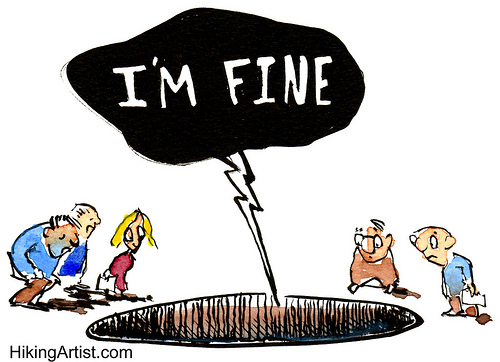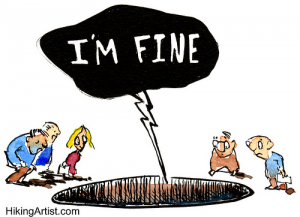
3 Pitfalls of the Editing Clause in a Publishing Contract and How to Avoid Them
 3 Pitfalls of the Editing Clause in a Publishing Contract and How to Avoid Them
3 Pitfalls of the Editing Clause in a Publishing Contract and How to Avoid Them
Editing clauses are an integral part of publishing contracts. This seems obvious as every writer, however conceited, knows that mistakes have the nasty habit of sneaking through their writing and escape the author’s eye. So, editing we must and so should the publisher.
This leads us to Pitfall number 1.
- The publisher asks for money to perform the editing
This is a huge red light. Any publisher asking his authors money for anything is a vanity publisher. This is fine for authors looking to self-publish, though requires thorough checking of the quality of the editing prior to signing any contract, but is a clear sign of unprofessional publishing practice (or pure scamming) when required by a publisher posing as a traditional/digital publisher. This kind of publishers is particularly frequent in publication of anthologies and known to prey on writing contests’ “winners”.
Publishers from category Nr 1 are simply dishonest, so just steering clear of these ones is the best option.
Then we have publishers from category Nr 2.
- The publisher asks for “ready to publish” material
Publishers who do not invest time and money in editing the books they publish are unprofessional, as they clearly show that their only aim is to make money by pocketing royalties on books for which they have done little or no work at all. Basically, at best, they are marketers wanting to monetize their ability to market a product, though they might also offer to create a book cover, if they fancy themselves as graphic designers.
So publishers from category Nr 2 are not really publishers. For authors ready to relinquish part of their royalties to benefit from marketing services, this might be an option, though it is essential to first check the ranking of other books benefitting from that “publisher” services on Amazon and other major distributors.
Category Nr 3 is trickier to identify as many good publishers use an editing clause that is used by less scrupulous ones.
- The publisher reserves the right to perform edits
Through various formulations, all bona fide publishers will reserve that right, and so they should. Yet, whether in the vast majority of cases, editing will be performed in collaboration with the original author, a small number of publishers will abuse that clause to cut corners and interpret the word “edit” as a right to rewrite the story to their taste to suit their own needs.
This recently happened to Mandy DeGeit, whose short story was rewritten beyond recognition prior to publication in an anthology and where the “editor” even introduced a mistake in the title. Another case was the absurd story of Karl Edward Wagner. His book, “Darkess Weaves” was edited beyond recognition as the “editor” modified the appearance of the main character to fir the book cover they had selected. To add insult to injury, the main character’s appearance was edited only in every other chapter or so…
So, how to avoid having your work disfigured without your consent?
First, always run a background check about the publisher. Even simply have a look at Preditors and Editors or at Absolute Water Cooler forum will already weed out the worst offenders.
If the background check yields no negative comments, the best procedure is to ask clarifications about the editing process to the publisher. This shows professionalism from the author’s part and good publishers will have no compunction answering this type of queries.
As always in the new publishing world, checking before signing is essential…